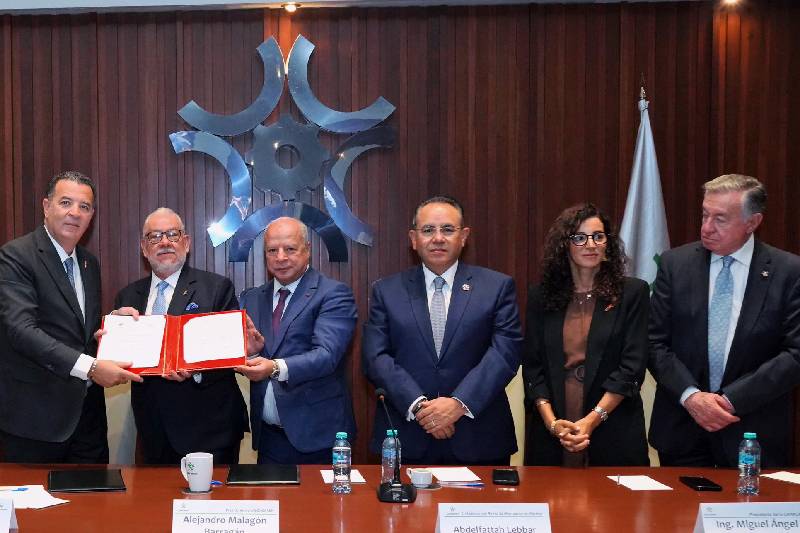 The 6th EU-Africa Business Forum held Monday in Abidjan, Côte d’Ivoire, host country of the 5th African Union-European Union Summit, focused on “investing in job creation for youth”.
The 6th EU-Africa Business Forum held Monday in Abidjan, Côte d’Ivoire, host country of the 5th African Union-European Union Summit, focused on “investing in job creation for youth”.
It also looked at the challenges and opportunities for investment in Africa along four strategic priorities of the EU-Africa cooperation, such as renewable energy, agribusiness, infrastructure and the digital economy, the aim being to provide solutions, particularly for the growing number of young and female entrepreneurs.
The exchanges focused in particular on the means of associating the African business community with the financing destined to the socio-economic development of Africa.
Fadel Agoumi, managing director of the Moroccan employers’ association, CGEM, which is participating in the event, said “huge funding has been granted to Africa, but the manage-ment of these funds, which falls under the responsibility of the States, is still inadequate”. “These funds have not created enough jobs or added value”, he told the Moroccan news agency MAP.
“Today, the European and African Unions have reached a turning point, the contract linking the two parties coming to an end in 2020”, he said, noting that the challenge is to ensure that the African business community be more involved in the routing, granting and traceability of funding.
The CGEM executive said a meeting was scheduled Tuesday between African employers to discuss, among other things, private-private relations within the framework of the Econom-ic Community of West African States (ECOWAS), “a bloc in which we must build win-win partnerships between private Af-rican operators”.
In his keynote speech at the forum, European Commission Vice-President Ansip insisted on the need to create decent and sustainable jobs for African youths and involve investors and the business community in the undertaking.
This Business Forum will look at areas where the situation could be improved, not only how to create the best conditions for long-term private investment, but also how to support jobs for young people – especially women, he noted.
He advocated, in this vein, connecting and developing business partnerships: locally, regionally and beyond; going digital as far as possible; and developing the right skills, matching them with market needs.
There is a long list of how the private sector can help, he said, mentioning, among others, more access to finance, improving financial and business advisory services, vocational training, and mentorship.
By 2035, according to the IMF, sub-Saharan Africa will have more working-age people than the rest of the world’s regions combined. Such a rapid rate of growth should be encouraging for the region, he pointed out.
The 6th EU-Africa Business Forum concluded a series of business-related events held in Africa and Europe in the course of 2017 in preparation to the 5th African Union-European Union Summit.


